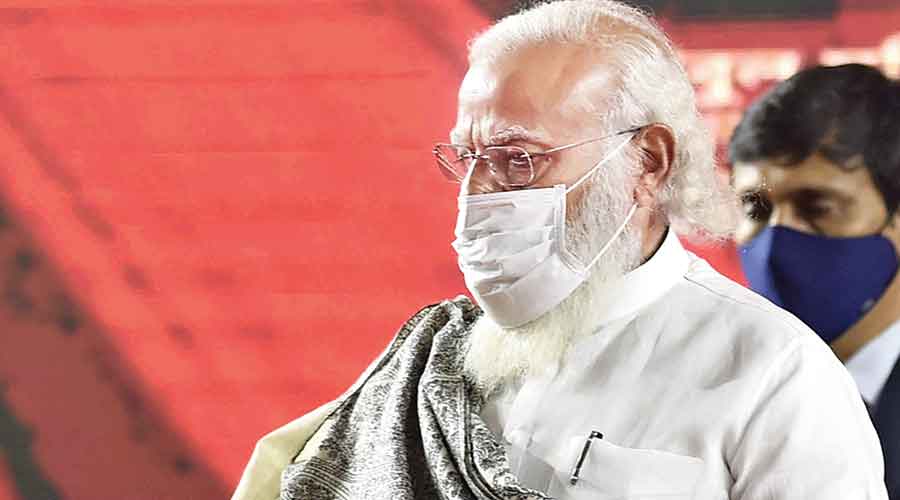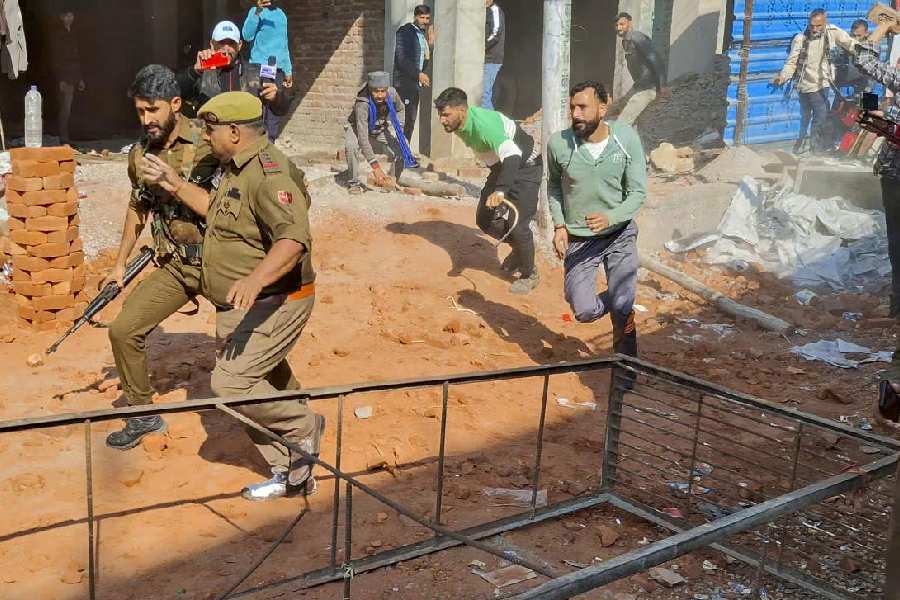Mutual admiration is often stimulating. But when members of the higher judiciary wax eloquent over the excellences of the prime minister while he expresses approval of the judiciary’s dutifulness, the exchange of compliments appears somewhat iffy. While releasing a commemorative stamp on the occasion of the Gujarat High Court’s diamond jubilee, the prime minister expatiated on the theme of the judiciary’s dedication, by which it upholds the Constitution and also strengthens it by constructive and creative interpretation. The judiciary has safeguarded the rights of the people and their personal freedoms, while responding in the right way whenever national interests are prioritized. Were courts supposed to do anything else? However, the prime minister’s approbation is understandable, since Indian prisons now hold numbers of people who have gone against the prime minister’s notion of ‘national interest’. He referred to India’s belief from scriptural times that good governance is rooted in law. His compliment to the judiciary seemed to assume his own good governance.
Although public appreciation of the judiciary’s uprightness is welcome from a prime minister, it could be asked whether a tone of patronage is quite fitting. But such proprieties are obsolete in Narendra Modi’s India, because the Supreme Court judge, M.R. Shah, reportedly said on the same occasion that he was honoured to be in the presence of the most “popular, loved, vibrant and visionary” leader. In a similar vein, the chief justice of the Gujarat High Court found the cause of Mr Modi’s popularity to lie in his sense of fairness and devotion to duty, while there was a general chorus from senior lawmen about his vibrant leadership and success in making India notable in the world. But effusive praise of a ruling political personage from members of the senior judiciary cannot be desirable: it undermines the separation of powers and dents the perception of the judiciary’s independence. This last is a fundamental requirement; if judges — as happened in the case of the retired judge, Arun Mishra — are overcome with admiration for political leaders in power there may arise doubts about their dedication to Constitutional, democratic values and rights. The people’s trust in the judiciary should not be shaken. The law must be seen to remain in its own place: neither to need nor to give bouquets.











